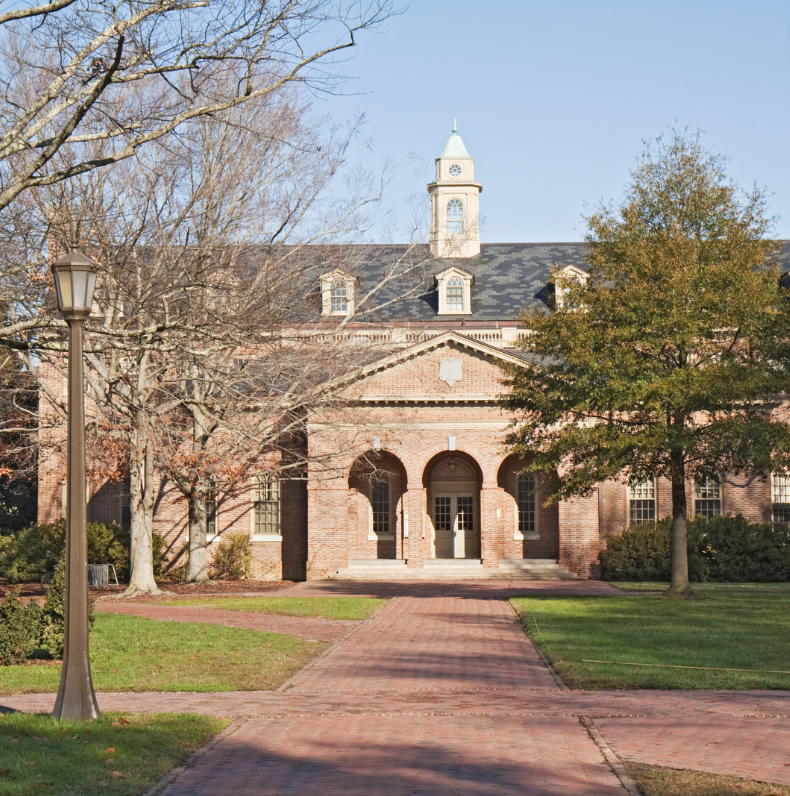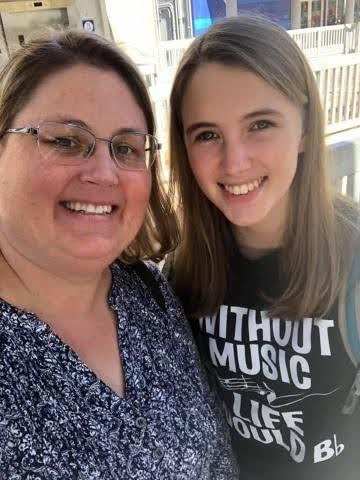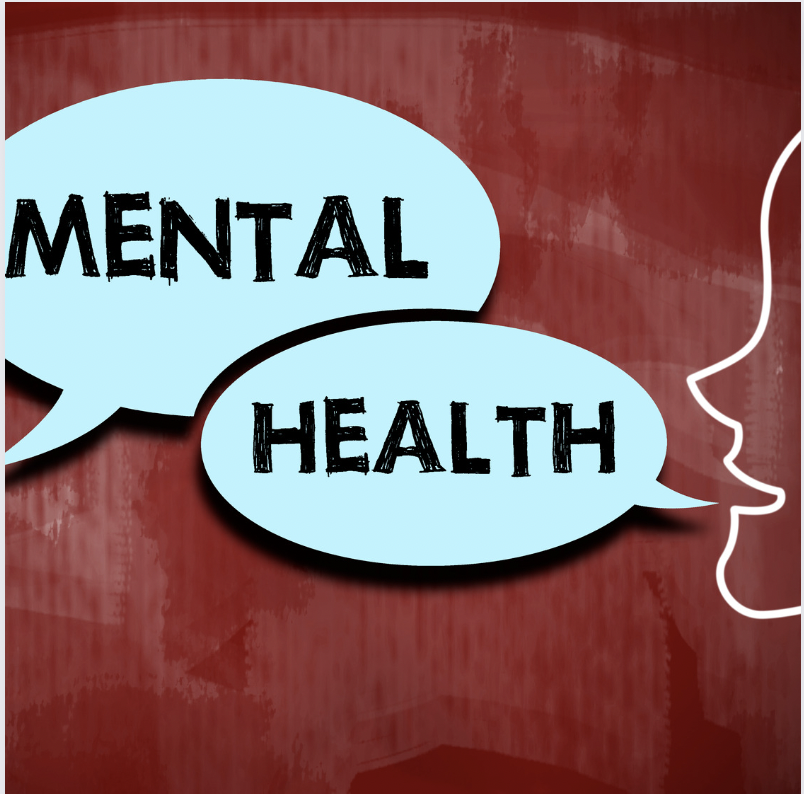Is everyone enjoying the extended winter break? Day 19 and counting…
BIGGEST COLLEGE-RELATED NEWS OF THE WEEK
UT AUSTIN PRESIDENT JAY HARTZELL PONIES UP!
Southern Methodist University has become more and more of a hot school each year, but we’ve never seen a level of interest quite like we have during this current 2024-2025 application cycle. Whether it’s joining the ACC, waiving application fees this year, or simply providing a great mid-sized environment with a beautiful campus, good weather, and excellent career placement, SMU is becoming increasingly popular. UT Austin President Jay Hartzell must agree, because he just resigned to become SMU’s newest president. It will be interesting to see how his new leadership impacts the campus environment and student experience. Our prediction? SMU will continue to become more and more selective with each application cycle. Go Mustangs!
LOS ANGELES-AREA COLLEGES AND UNIVERSITIES IMPACTED BY WILDFIRES
As of this writing, four major wildfires in the Los Angeles area have destroyed over 1,000 buildings, and the situation is becoming increasingly dire as firefighters reportedly face water shortages. Fortunately, some of the colleges and universities in Greater Los Angeles have not yet been impacted; as of 2:00 p.m. local time on Wednesday, campus operations have not yet been impacted at USC, UCLA, and Loyola Marymount. The Caltech campus is closed as a result of the Eaton fires; however, it’s not under an evacuation order yet. Pepperdine is is heavily impacted by the Palisades fires. Students won’t be evacuating, though! Check out this fascinating CNN piece that explains why. It makes sense, but wow - I cannot imagine how scary that must be for them!
$250+ MILLION DOLLAR TECH HUB OPENS AT GEORGE MASON
Virginia’s largest public research university, George Mason, is stepping up its game with the new Fuse at Mason Square, a cutting-edge tech hub on its Arlington campus. Located between Ballston and Clarendon, this building is now open for commercial use and will be ready for students in Fall 2025. It will house GMU’s new Institute for Digital Innovation and a number of programs from the new School of Computing, and the top-notch facilities include 12 advanced labs for students to collaborate with industry leaders. We highly recommend George Mason to STEM-oriented students who are willing to consider staying local! The university has transformed over the past five years, with a significant increase in students enrolled in computer science, computer engineering, and applied computer science programs.
BEST ARTICLES OF THE WEEK
In “College in 2025? Buckle Up For a Wild Ride,” Town & Country writer James S. Murphy writes that “the upcoming year in higher education promises to be anything but boring.” His predictions include the following:
The Department of Education will likely remain operational, regardless of Trump’s campaign messaging. (As an aside, even if it were to be shut down, this would not be the end of FAPE - a Fair and Appropriate Public Education via IEPs and 504 plans).
After quite a lot of hiccups, the FAFSA is now more user-friendly and will provide a better experience for families seeking federal financial aid.
Enrollment has continued to decline nationwide due to a variety of factors, and less-selective colleges will need to adapt in order to survive.
Lastly (you knew it was coming), the college admissions process will be increasingly selective, but also increasingly difficult to predict.
Only have a minute? read the very end of the article, because it provides critically important information that families struggle to understand. While we've shared this information previously, hearing it from an external source can be beneficial. Published acceptance rates no longer provide information that can be used in a meaningful way to determine whether a student might be accepted. (Emphasis mine because this is SO TRUE).
I think the reason that families have so much trouble believing this because it defies all logic. However, because students are applying to more colleges than ever before, the calculus has changed in terms of the metrics that colleges use to admit students.
Highly selective schools are not accepting the absolute most qualified applicants. Instead, they are prioritizing applicants who are “most-qualified-who-might-actually-attend-based-on-predictive-data-that-is-often-wrong” 🤦♀️ I would also add that the impacts of socio-economic and geographic diversity have also changed dramatically.
This creates wonky stats that simply cannot be trusted. I really like the author’s comparison of Northeastern, Duke, and Cornell. For example, Northeastern had an acceptance rate of 70% in 2001. In 2023, it became 5.7%. There’s no doubt that Northeastern is really, really hard to get into now. But it’s certainly not harder to get in than Duke (6.8% acceptance rate) and Cornell (8.2% acceptance rate).
Finally, it’s important to recognize that test score data in the wake of the test-optional shift has continued to inflate averages at schools that are still test-optional, while admissions rates continue to plummet. The article’s example of Emory University is a great one - a 1480 at Emory is now under the 25th percentile, for instance. It can be extremely difficult for families to make the right decisions about whether to submit “good” or even “fantastic” scores that are still well below average. And the truth is that this is an incredibly nuanced decision: it’s not straightforward for even the most experienced college counselor.
On to an unrelated topic.. if you’ve had kids attend a Fairfax County middle school, you know that start times have been a hot topic for many years and are currently under formal study by the school board. I will admit that I did not follow this issue as closely as I should have before it began to impact me directly, but it’s pretty absurd what these kids have to deal with. My daughter has to be at school by 7:15, which requires being at the bus stop by 6:35. It’s awful for everyone - students, parents, and I can’t even imagine how bad it must be for the teachers!
If this is on your radar, too, check out the recent Time essay on the subject by a leading expert on the matter. Lynne Peeples is the author of The Inner Clock: Living in Sync with Our Circadian Rhythms, and she shares that these early school start times are very much not in sync with our circadian rhythms! She makes some good points that I had not actually considered, including the fact that the proposed national move to end daylight savings time will potentially undo any progress made on this issue. There has got to be a better way… 😴😴😴
OFFICE HAPPENINGS
We’ve continued working with a lot of younger students this week on course scheduling, and it’s funny to me how the same issues come up year after year. Can anyone guess what the single most hated high school course seems to be? Spanish. Without fail. Every year.
Interestingly, we don’t see the same hatred of other world languages (although Spanish is by far the most common language students take, so it may not be a fair comparison). It makes me wonder what’s happening in these classrooms that kids are so adamantly opposed! They would happily double up on all kinds of challenging courses to be able to get out of Spanish.
Unfortunately (as much as we hate to be the bearers of bad news for them), most colleges consider world language to be a core subject area, and students can’t just drop it without facing potential consequences in the college admissions process. It would be like dropping English or math.
Moreover, on a “life experience” note that has nothing to do with college admissions, I truly think that Spanish is one of the most practical subjects anyone can take in high school. When I think about all the random stuff I learned in high school that I never used again, it’s depressing. So many wasted hours. But Spanish? You can go right outside and start using it immediately, for the rest of your life! Just my two cents..



































































